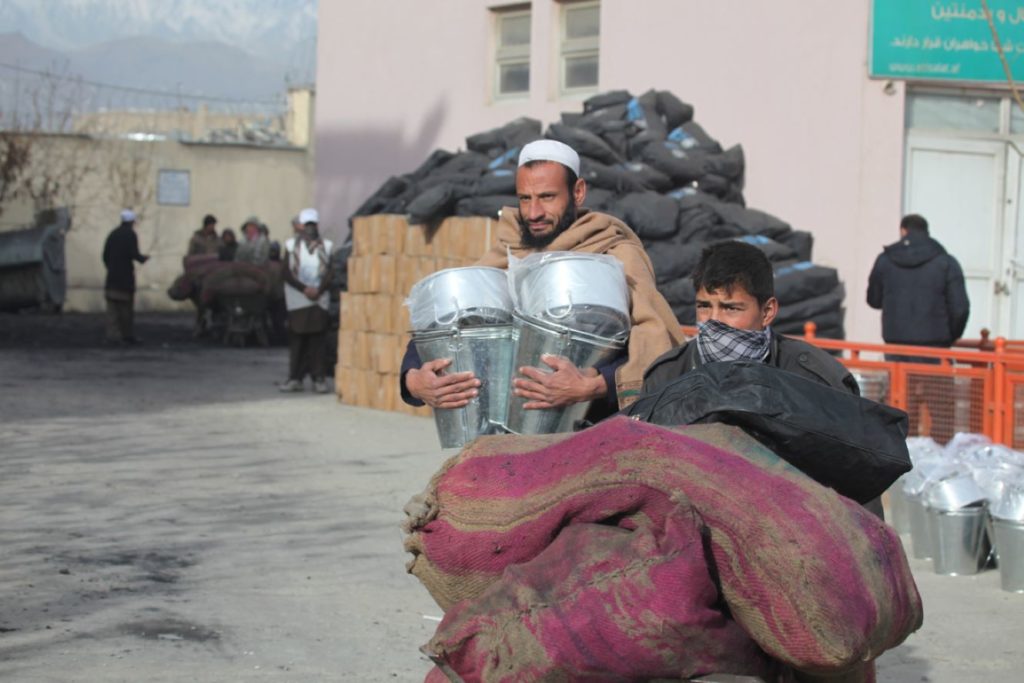
by Arnab Badya 13 December 2023
As the world witnessed the withdrawal of U.S. troops from Afghanistan, concerns mounted over the potential resurgence of the Taliban and the subsequent threats it might pose to global security. This piece delves into the historical context, post-withdrawal concerns, and the imperative for the United States to actively monitor the Taliban, ensuring that Afghanistan does not become a threat to the world again as the Tehrik-i-Taliban Pakistan (TTP) and the Islamic State Khorasan Province (ISKP) remain active in the region.
To understand the urgency of monitoring the Taliban, revisiting its historical role in Afghanistan is crucial. The late 20th-century Taliban rule was marked by strict adherence to Islamic law and a harboring of extremist ideologies, turning Afghanistan into a haven for terrorist groups, especially Al Qaeda. The U.S. intervention in 2001 aimed to dismantle this environment and eliminate the terrorist networks operating within the country.
Post the U.S. withdrawal from Afghanistan in 2021, concerns intensified regarding the Taliban’s return to power and the implications it carries for the region and beyond. The international community is closely monitoring the Taliban’s governance, particularly concerning human rights, regional stability, and the potential resurgence of terrorist activities. The fear is not only of Afghanistan falling back into a period of harsh rule and oppression under the Taliban but also of the country becoming a haven for extremist groups, posing a significant threat to global security. As Afghanistan grapples with these uncertainties, the world remains vigilant, emphasizing the need for diplomatic efforts, international cooperation, and continued engagement to address the complex challenges posed by the Taliban government. The historical ties between the Taliban and terrorist networks like Al-Qaeda underscore the potential threat. The Taliban’s willingness to collaborate with groups that share similar extremist ideologies poses a clear danger to international security. The risk of Afghanistan once again turning into a breeding ground for global terrorism cannot be ignored, necessitating vigilant monitoring.
The return of the Taliban to power in Afghanistan has raised profound concerns about regional stability and human rights. Neighboring countries, particularly Iran and Pakistan, fear increased refugee flows, cross-border terrorism, and broader regional conflict. The Taliban’s historical rule has been associated with strict adherence to their interpretation of Islamic law, resulting in severe restrictions on individual freedoms and human rights. The international community is closely monitoring the Taliban’s governance to assess its commitment to upholding basic human rights, particularly for women, minorities, and dissenters against the regime. The delicate balance between regional stability and respect for fundamental human rights remains a critical aspect of the ongoing discourse surrounding the Taliban’s rule in Afghanistan.
The stability of Afghanistan directly aligns with U.S. national security interests. A turbulent Afghanistan has the potential to create a security vacuum that extremist groups may exploit. The U.S. cannot afford to disregard the geopolitical consequences of Afghanistan falling into chaos, as it directly impacts the safety and security of the American people and its allies. To prevent Afghanistan from becoming a threat again, robust monitoring mechanisms and intelligence cooperation are imperative. The U.S. must invest in intelligence-gathering capabilities and collaborate with international partners to stay informed about the evolving situation in Afghanistan. A failure to actively monitor the Taliban’s activities could lead to a delayed response to emerging threats.
Beyond intelligence efforts, diplomatic engagement is crucial. The U.S. must leverage its diplomatic influence to shape the behavior of the Taliban. International cooperation is equally vital, as a unified front will have a more significant impact on influencing the Taliban’s actions and promoting stability in Afghanistan. Collaborative efforts can also address the humanitarian concerns arising from the Taliban’s rule. To actively prevent the resurgence of the Taliban and associated threats to global security, the U.S. should consider several policy recommendations. These may include a balanced approach of engagement and pressure on the Taliban, support for Afghan security forces, and sustained diplomatic efforts to garner international support for a stable Afghanistan. Additionally, humanitarian aid and development initiatives can contribute to long-term stability.
In conclusion, the international community, with the United States at the forefront, must remain vigilant in monitoring the Taliban to prevent Afghanistan from becoming a threat to global security once again. The lessons from history underscore the importance of proactive engagement, intelligence cooperation, and diplomatic initiatives. The U.S. has a responsibility to safeguard not only its national security interests but also to contribute to the stability and well-being of the global community. As Afghanistan stands at a critical juncture, the world must unite to prevent a recurrence of the threats that emanated from the region in the past.
